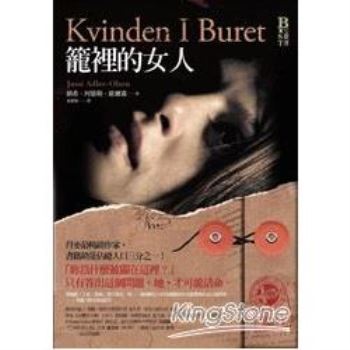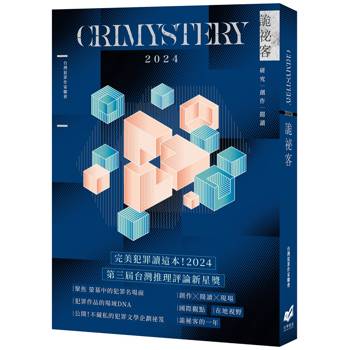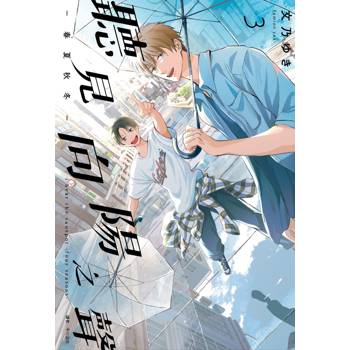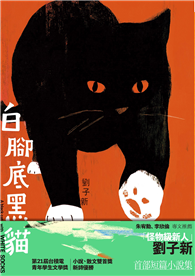| FindBook |
有 1 項符合
Pillars of Society, Rosmersholm, Little Eyolf, When We Dead Awaken的圖書 |
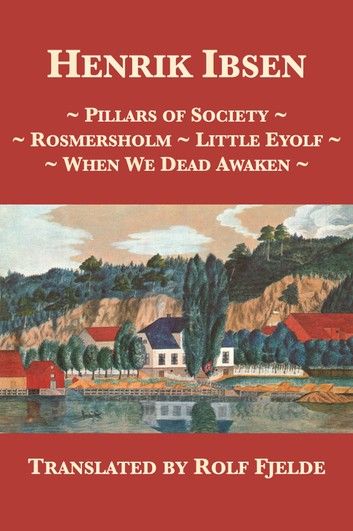 |
Pillars of Society, Rosmersholm, Little Eyolf, When We Dead Awaken 作者:Henrik Ibsen,Rolf Fjelde 出版社:Plunkett Lake Press 出版日期:2016-07-16 語言:英文 |
| 圖書館借閱 |
| 國家圖書館 | 全國圖書書目資訊網 | 國立公共資訊圖書館 | 電子書服務平台 | MetaCat 跨館整合查詢 |
| 臺北市立圖書館 | 新北市立圖書館 | 基隆市公共圖書館 | 桃園市立圖書館 | 新竹縣公共圖書館 |
| 苗栗縣立圖書館 | 臺中市立圖書館 | 彰化縣公共圖書館 | 南投縣文化局 | 雲林縣公共圖書館 |
| 嘉義縣圖書館 | 臺南市立圖書館 | 高雄市立圖書館 | 屏東縣公共圖書館 | 宜蘭縣公共圖書館 |
| 花蓮縣文化局 | 臺東縣文化處 |
|
|
Pillars of Society, Ibsen’s first major prose play (1877), explores the boundless ambition fostered during the industrial revolution and exposes the smug self-righteousness and hypocrisy of the Victorian middle class. Karsten Bernick, a successful, shrewd and calculating shipbuilder, has made himself the benevolent benefactor of his community, while ruthlessly taking advantage of the cheap labor available in this small seacoast town. In order to maintain his credibility and develop the railroad he claims will be only for the public good, he needs to resort to further lies and even blackmail.
Rosmersholm is a penetrating tale of guilt and desire, of politics and personal morality as two women fight to the death for the soul of John Rosmer, the spiritually, intellectually and emotionally bankrupt last of the line in the house of Rosmersholm. In what is also a ghost story, the house itself becomes a major character, a place where white horses announce impending death. With its depth of psychological analysis, the play seems ahead of its time — Ibsen explored the realm of modern psychiatry years before Freud’s major works.
Little Eyolf fuses naturalistic style with supernatural elements. The dramatic death of their only child Eyolf triggers devastating confrontations of guilt and recrimination between Alfred Allmers, a self-absorbed man filled with grandiose ideas about his mission in life, and his wife, whose wealth has brought him security in a marriage of convenience.
When We Dead Awaken, Ibsen’s last work (1899), completes the twelve major prose plays that assured his reputation as the father of modern drama. It is the final reckoning of the price an artist and those close to him pay for the artist’s dedication and devotion to his art. Rubek, a successful sculptor at the end of his career, desperately tries to rationalize his life and his work to his former model and muse.
|
